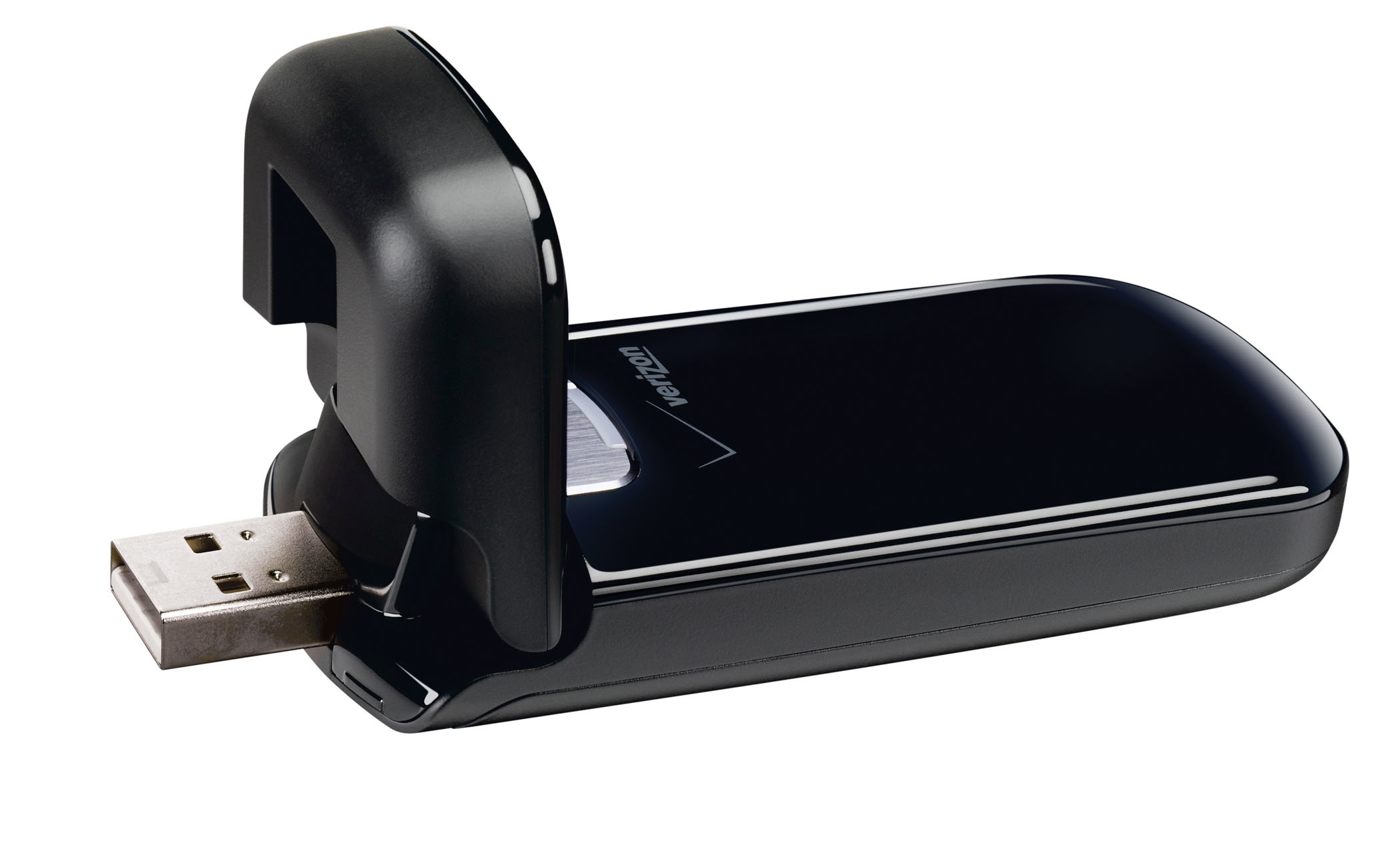Launching 4G without smartphones was the right call for Verizon

When Verizon flips the switch this weekend on its 4G technology, called LTE, don't expect the data speeds on your Android or Blackberry smartphones to suddenly get faster. Phones embedded with LTE chips don't exist yet - and won't be around until next year sometime.
Instead, the only people who will be able to tap into this lightening-fast network will be those who pick-up a new USB modem and plug it into a laptop computer.
While it may seem, on the surface, to be a bit silly to rollout a mobile broadband network without the devices that most people would use to tap into that network, Verizon actually made a smart business and technical decision by taking baby steps with the rollout.
One of the biggest criticisms of the iPhone since its launch has been the overload to the AT&T network and the subsequent breakdown of it in some locations, notably the San Francisco and New York City areas. Granted, there's no big-hit device like the iPhone on Verizon's network (yet) but why put the network to an immediate overload test by rolling out both a 4G network and 4G smartphones?
Instead of lighting up a large number of devices in a small number of regions, the company is taking the opposite approach: light up 4G across the country - including heavily populated regions in California and the northeast U.S. corridor, as well as most major airports - but limit the number of devices that can access it.

Sure, a lot of people won't be able to access it with such limitations - but that gives the company a chance to monitor the rollout, to look for hiccups or signal degradations across the entire country and to make any adjustments or fixes that might be needed before opening the smartphone floodgates.
I had plans to run out this weekend and pick up one of the new USB modems so I could start surfing 4G right here in Silicon Valley. But, Ina Fried over at AllThingsD reported late yesterday that those USB modems will only run on Windows computers. We Mac users are out of luck - again.
As much as that disappoints me, I still think Verizon made the right call by taking it slow with the rollout. The last thing I want to do as a Verizon customer is to pay big bucks for a new device to access a new network, only to be left feeling bitter about a sub-par experience.
If I'd wanted that, I would have just bought an iPhone and become an AT&T customer.